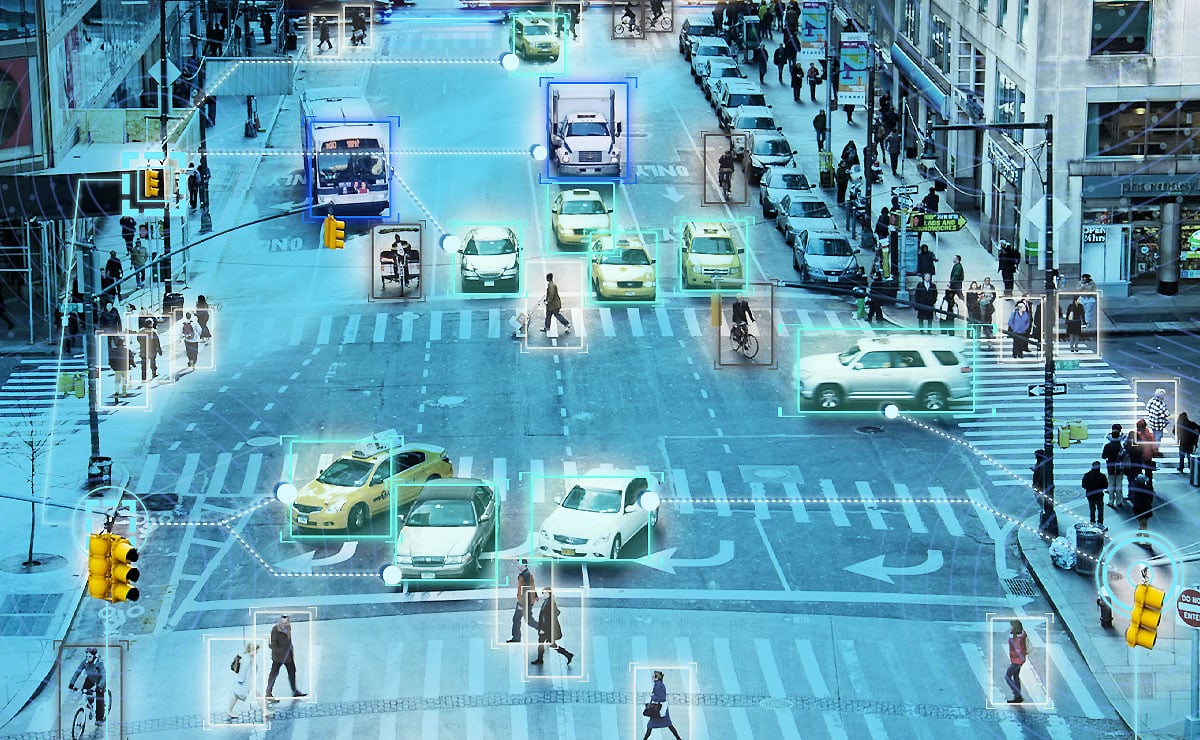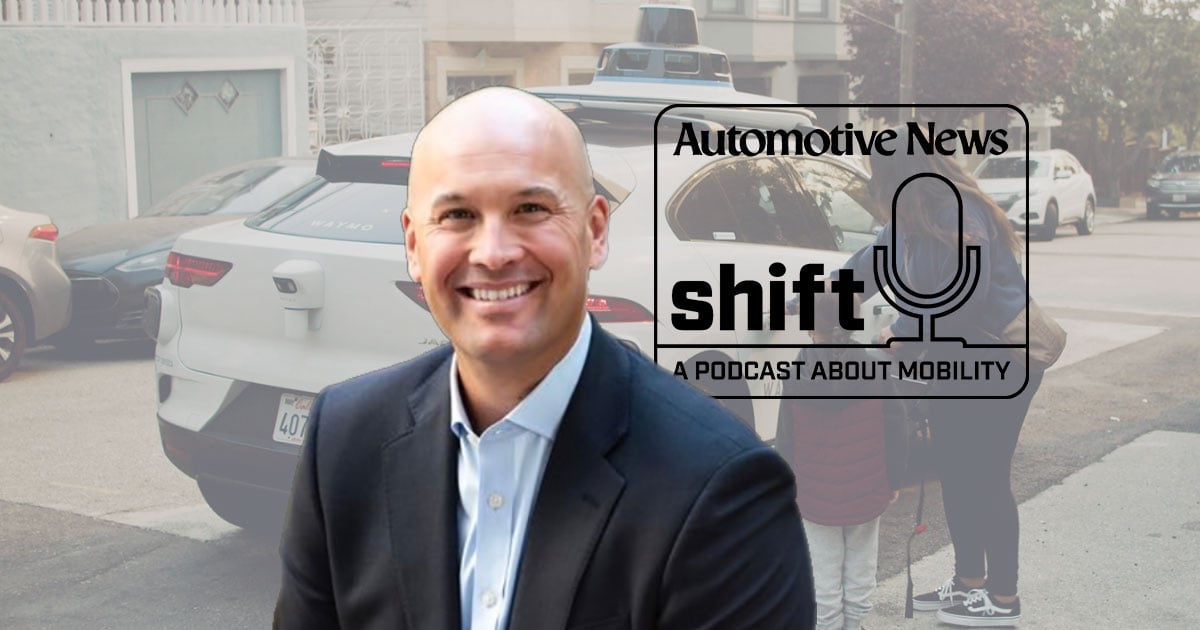<!–*/ */ /*–>*/
| Vehicle-to-infrastructure connectivity is finally changing America’s streets |

Santa Clara County in California is giving buses more green lights. Real-time data on viaduct flooding is being collected in Louisville, Ky., to prevent car drowning deaths. Officials in College Station, Texas, are outfitting five intersections with warnings for pedestrians when buses and emergency vehicles approach.
A long stalemate over the details of deploying vehicle-to-infrastructure technology has ended, and the investments keep coming. The federal government requested proposals for more solutions this year, with vehicle connectivity groups calling 2023 “pivotal.” Federal Communications Commission waivers granted in April have given automakers clarity on the way forward after decades of ambiguity.
“We’re in the red zone, and I can finally see where we can get this ball over the goal line,” said John Kwant, executive director of the Americas at 5G Automotive Association and former global director of mobility and advanced technologies at Ford Motor Co. “This technology has the potential to have the same kind of step-level improvement in vehicle safety and reducing traffic fatalities that we’ve seen going all the way back to seat belts and airbags and advanced braking.”
Vehicle-to-infrastructure technology allows vehicles and smart public infrastructure, such as traffic lights, to interact. Departments of transportation and technology companies are testing and deploying products that can collect and act on data about road conditions, traffic, the presence of emergency vehicles, weather and other information, and automakers are adapting vehicles to be able to receive the data and share their own.
The U.S. Department of Transportation predicts that 12 percent of potential crash scenarios could be avoided using the technology.
Paired with advanced driver-assist systems and, ultimately, autonomous features, the technology could lead to “a great reduction” of crashes and fatalities, Kwant said.
Read the full story here.
— Molly Boignon
What you need to know
EV stockpile is evidence of growing pain, not demand dip, experts say: EV sales are outpacing inventory levels, but some car dealers still struggle to sell them.
Auto industry summit in hottest summer on record drives focus on sustainability: The climate problems of summer 2023 are providing a backdrop to the auto industry’s quest for more sustainable business.
Researchers tout Battery Sleuth technology as disruption in vehicle security: Battery Sleuth is the researchers’ answer to what they describe as an “arms race” of vehicle security between automakers and hackers.

Roundup
Tesla’s new CFO now has two jobs and a lot of question marks.
Bosch e-bikes business passes $1B in sales; why it matters for the auto behemoth.
GM to offer bidirectional charging on all EVs by 2026.
West Coast utility CEO wants EVs to save California’s power grid.
ChargePoint sets initiatives to improve charger reliability.
Brain food
German luxury takes different roads to EV future.
Last mile
Rivian R1T minor fender-bender repair bill: $42,000.